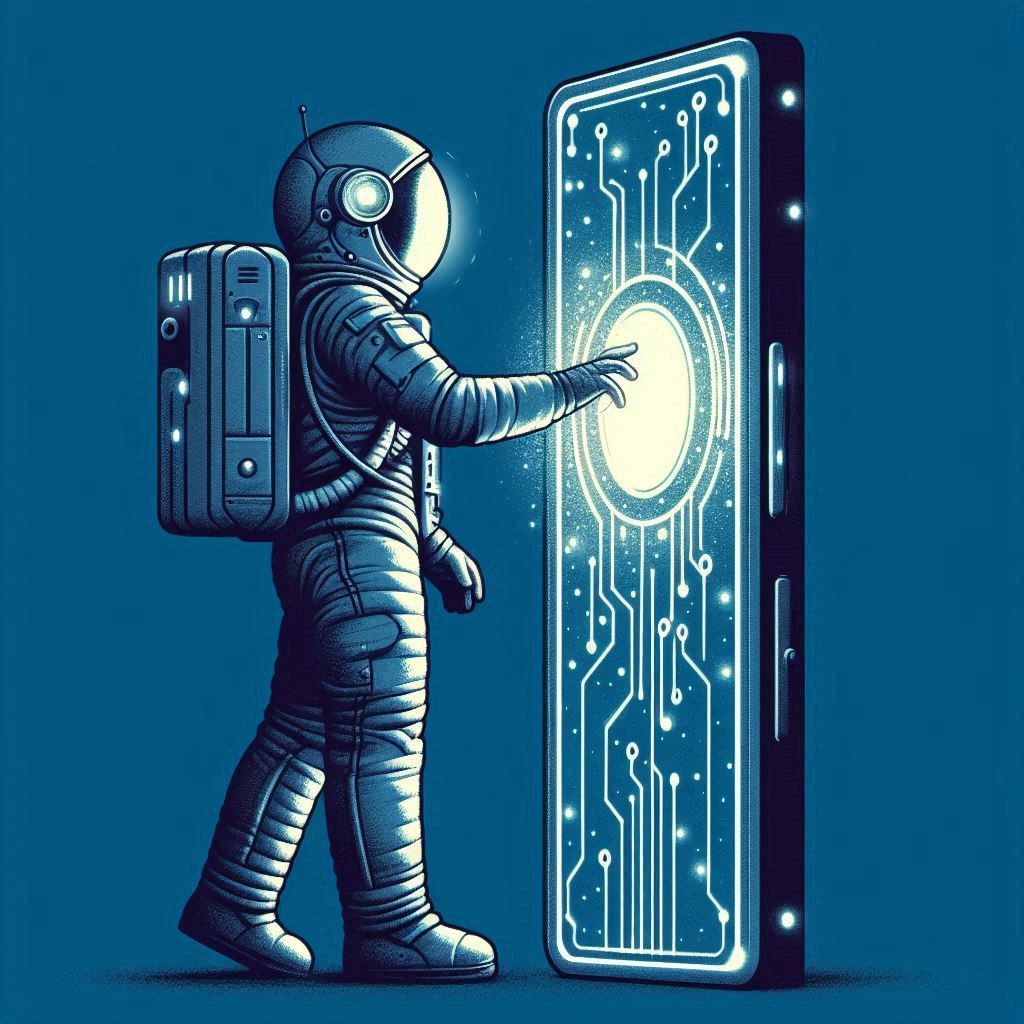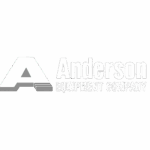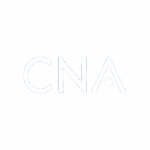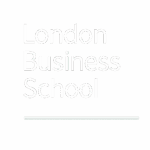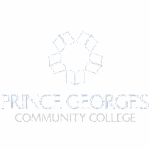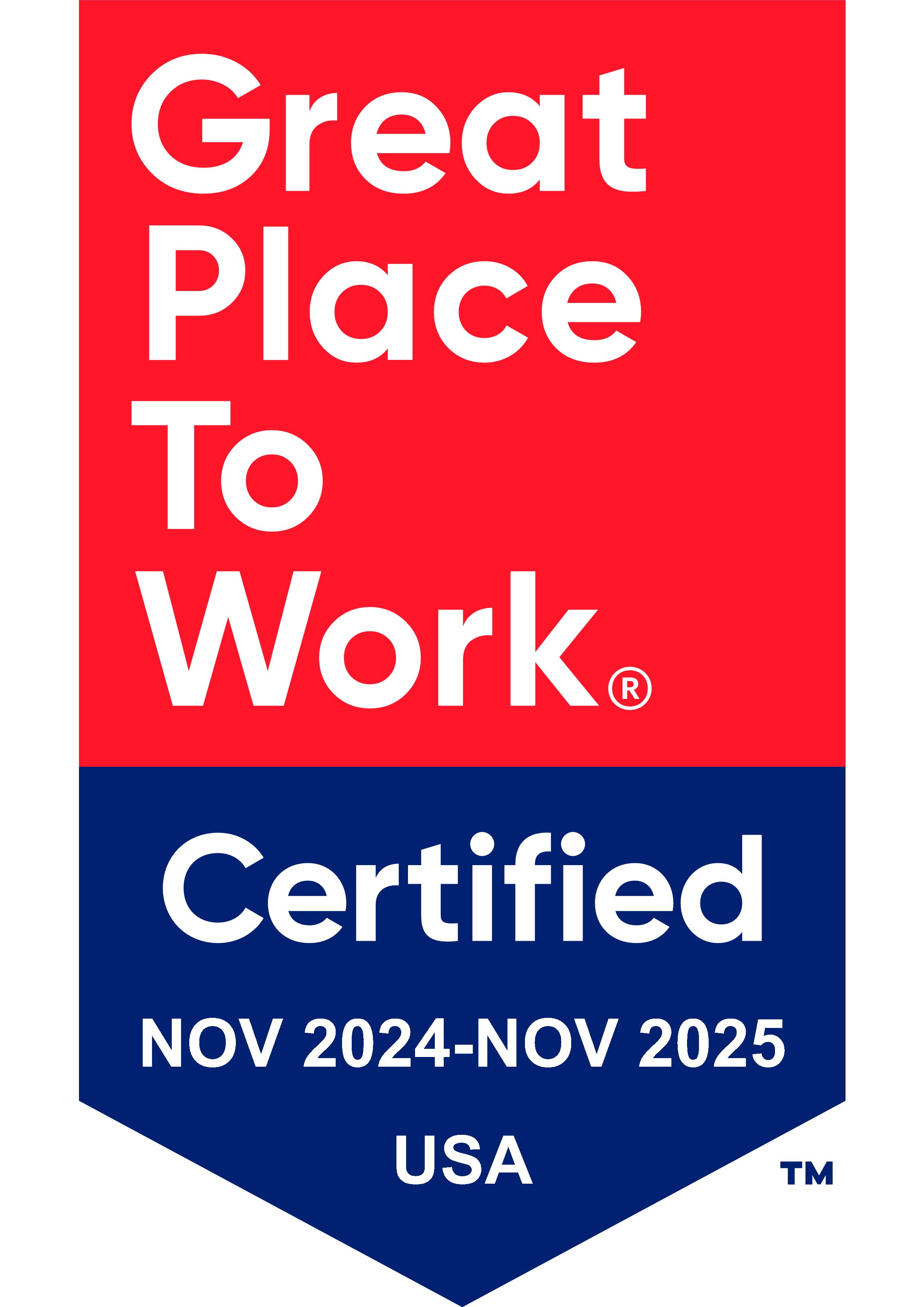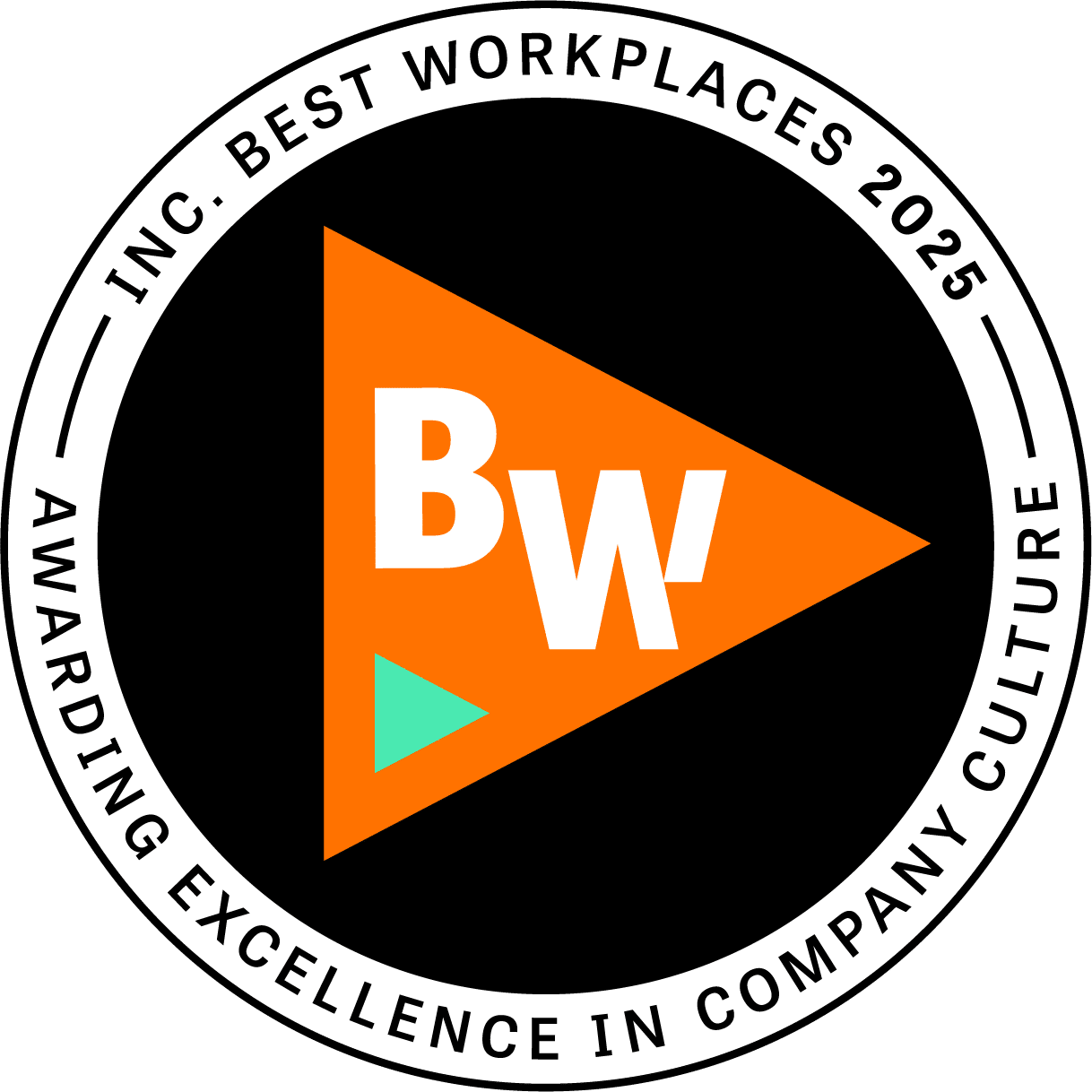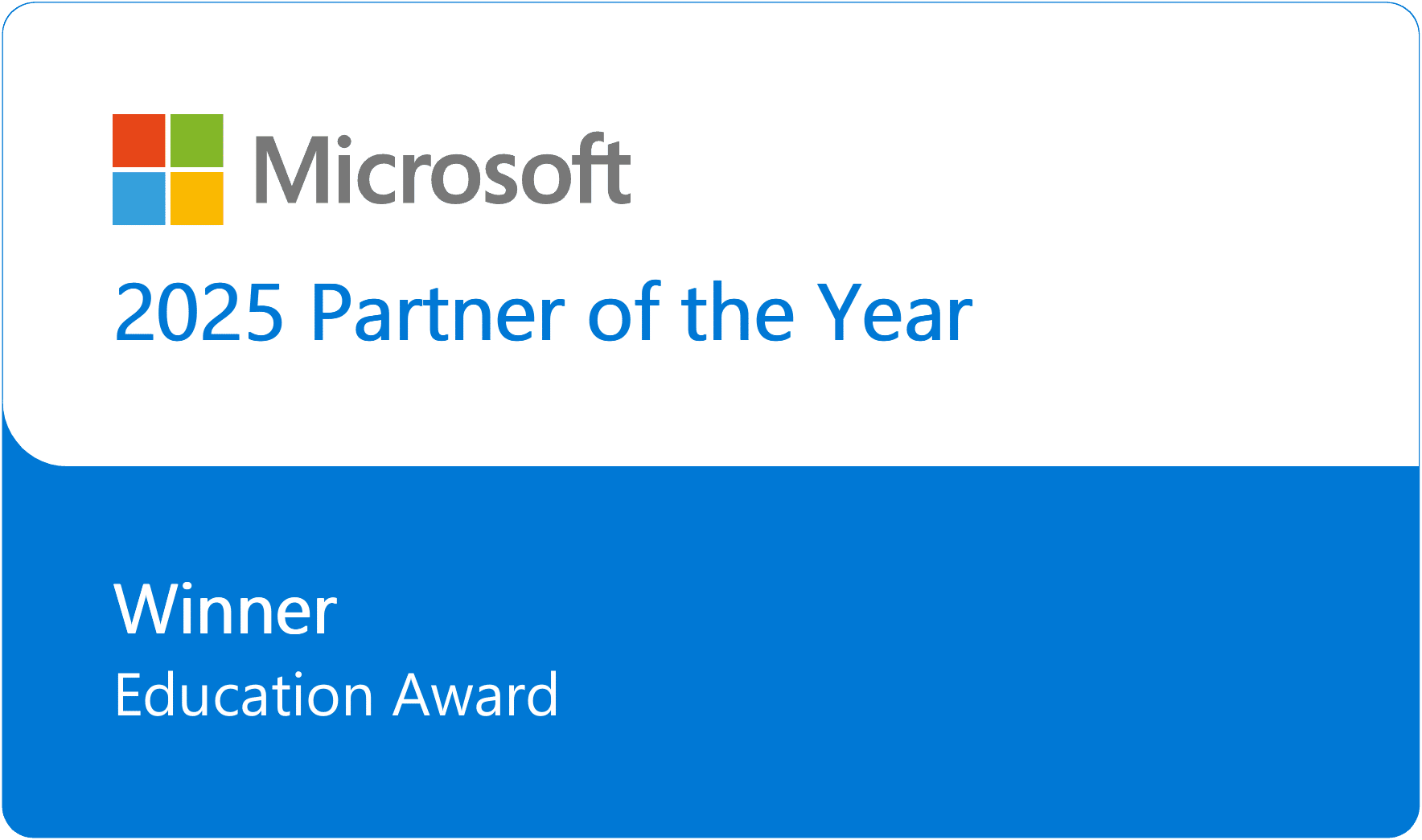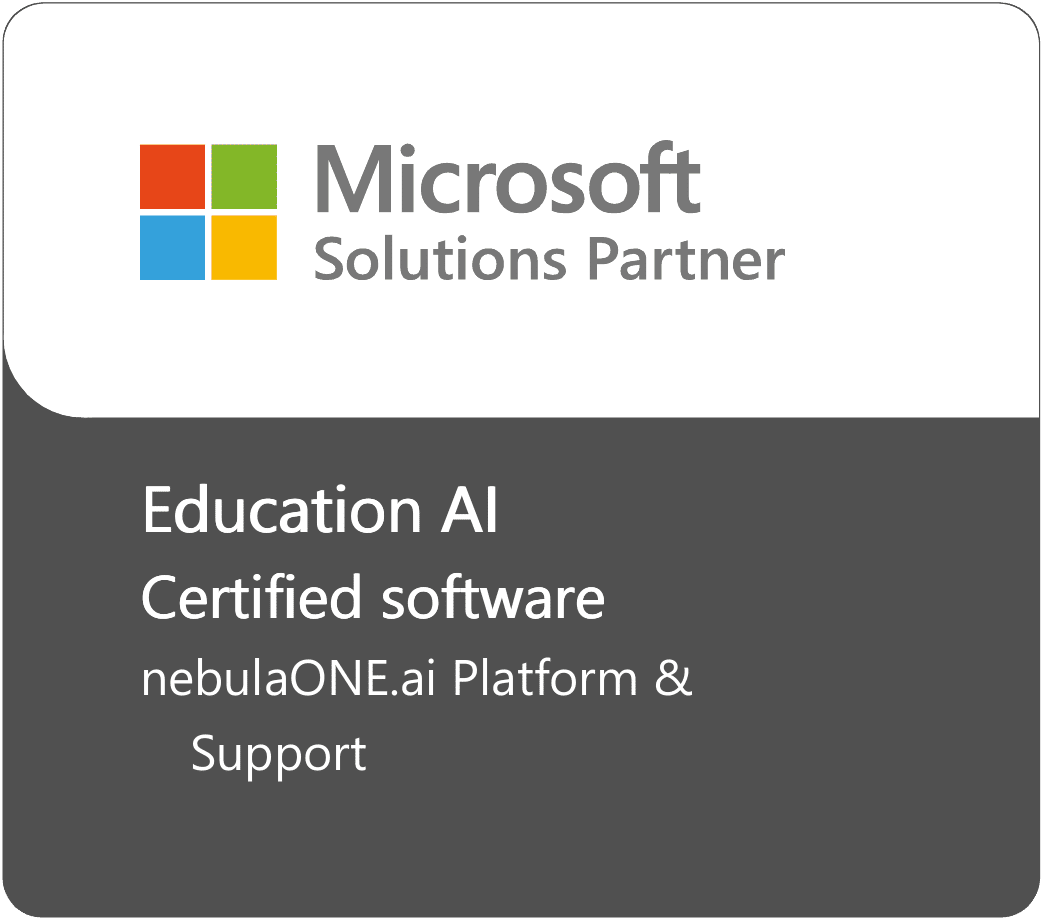Artificial Intelligence (AI) isn’t the future; it’s happening now—like RIGHT now. From virtual assistants to algorithms powering the apps we use every day, AI is reshaping EVERYTHING around us in practically every industry, creating a massive demand for talent. But what’s the real opportunity? Becoming an AI Engineer—especially if you’re looking to work with Microsoft products and services and specialize in Generative AI, like the engineers here at Cloudforce.
I think I can speak for most HR folks in tech spaces … but AI roles are no longer reserved just for PhD holders in data science. With the right tools and mindset, I truly believe anyone can break into this field even if you’re starting from scratch. So why now?
- The Demand Is Increasing: Companies across industries including technology, finance, healthcare, and even retail are integrating some type of AI to streamline their operations and improve customer and client experience. And unfortunately, there’s a shortage of AI and Data Engineers who can implement these solutions (AKA: the window is wide open).
- Generative AI Is the Way: From ChatGPT to other AI-generated content, the rise of generative AI is the way. Microsoft remains at the forefront of this movement with innovations like Azure OpenAI Service and Copilot in Microsoft 365.
- Work Smarter, Not Harder: Microsoft provides a variety of tools and services like Azure Machine Learning and Power BI that make AI development accessible. It doesn’t matter if your background is in data science, software engineering, or if you’re completely new to tech–Microsoft’s suite of products is a great starting point.
How to Become an AI Engineer (with a Focus on Microsoft and Generative AI)
So … how do you become an AI Engineer? Here’s a realistic approach to entering the AI space, what our current engineers did to develop their skills, and what we look for in potential hires:
1. Understand the Basics of AI
A strong foundation is essential. We’re not looking for an expert. What’s key is someone who understands what AI is, how it works, and its potential applications.
Start with the Azure AI Fundamentals certification (AI-900). This is a beginner-friendly way to get familiar with AI concepts, Azure AI services, and how they work together.
2. Get Comfortable with Data
AI is driven by data, so you need to know how to handle, process, and analyze it. Understanding how to work with Azure Data tools would be the next step.
3. Let’s Get Technical
Learn how to use Azure Machine Learning to build, train, and deploy machine learning models, and once you’re comfortable, I recommend sitting for the Azure AI Engineer Associate certification (AI-102).
4. Understand Generative AI
Generative AI is the hot trend, and companies want engineers who can implement these solutions effectively. Get hands-on using Azure OpenAI and understand how to work with GPT models. Get hands-on with Microsoft Copilot and how it enhances productivity.
5. Practice Building!
Practice, practice, practice! Sign up for a free subscription in Azure and build and deploy small projects on your own! We want to see proof of your skills and understanding.
6. Stay Updated
Technology as we know it is evolving daily, and it’s not stopping anytime soon. Our engineers stay updated on industry trends, what’s new and happening with Microsoft’s products, and attend Meetups and even larger events like Microsoft Build.
Check out how Cloudforce revolutionizes business operations here.
The demand is there for new roles, and AI engineering is a career path you don’t want to miss! I encourage you to follow us on LinkedIn to be notified of new roles and events that we host at our headquarters. We’re always looking for Cloud Engineers and Cloud Administrators, and we currently have an opening for a Cloud Data Engineer. So, just to sum up: practice, study, and stay updated on all things Microsoft AI! Good luck!

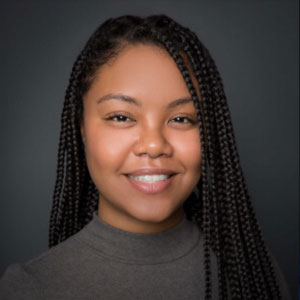 by
by 